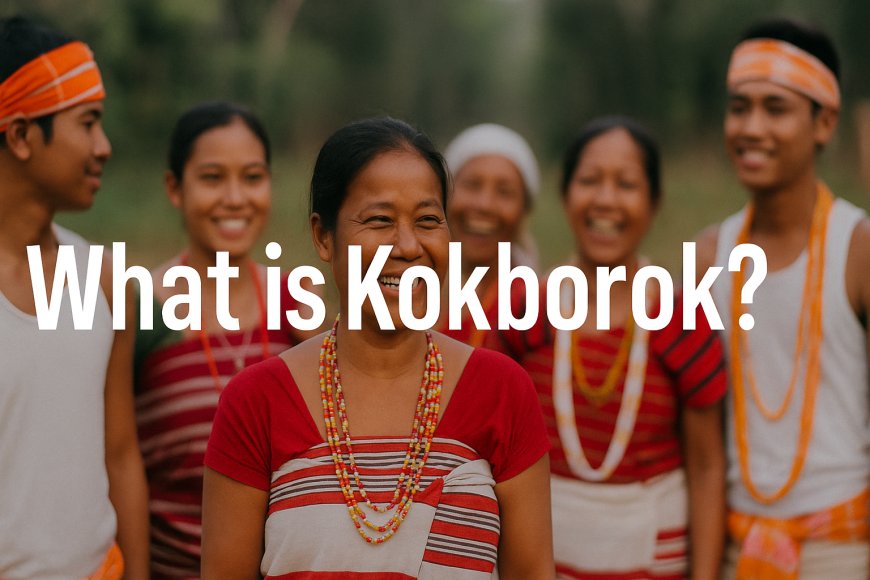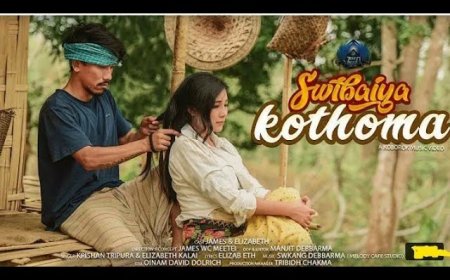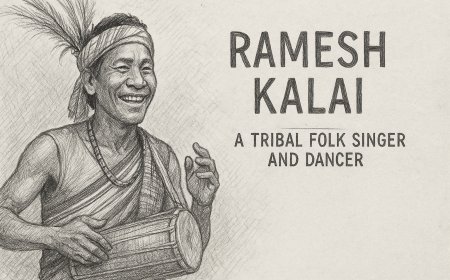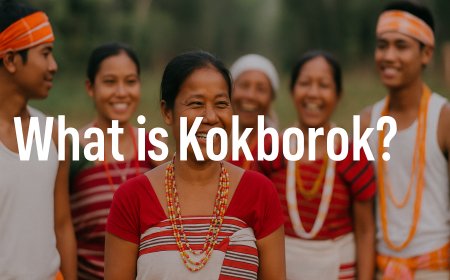What is kokborok?

What is Kokborok?
Kokborok is the native and most widely spoken language of the Tripuri people, the indigenous inhabitants of Tripura. It belongs to the Tibeto-Burman language group, under the Sino-Tibetan family.
Recognition as Official Language of Tripura
Date of Recognition: January 19, 1979
On this date, Kokborok was officially recognized as one of the official languages of Tripura by the state government.
The recognition was done to promote and preserve the language, identity, and culture of the indigenous communities.
Official Language Status in TTAADC
TTAADC Formation Date: January 18, 1982
Kokborok as Official Language of TTAADC: From the early 1980s, soon after the creation of the Tripura Tribal Areas Autonomous District Council (TTAADC), Kokborok was adopted as the official language for governance and communication within the council areas.
Purpose: To enable local governance in the mother tongue of the tribal population and ensure effective administration in tribal regions.
Use in Education & Literature
Introduced in schools from primary to higher education levels.
Kokborok is taught up to college and university level in Tripura.
Tripura University offers courses in Kokborok language and literature.
Textbooks are available in Kokborok, mainly written in Bengali script and sometimes in Roman script.
Institutions Promoting Kokborok
Kokborok and Other Tribal Languages Department, Government of Tripura.
TTAADC Language Wing supports Kokborok education and publications.
Tripura Board of Secondary Education (TBSE) conducts exams in Kokborok.
✍️ Scripts Used
Primarily: Bengali script
Increasing use of: Roman (Latin) script
Ongoing debates and movements exist for adopting a standardized script.
Geographic Distribution
Spoken in almost all districts of Tripura, especially in tribal areas.
Also spoken in parts of Assam, Mizoram, and Chittagong Hill Tracts in Bangladesh.
Speakers
Estimated over 1 million native speakers.

















